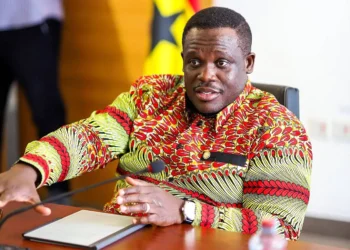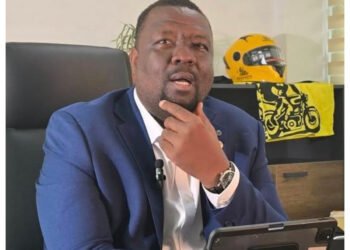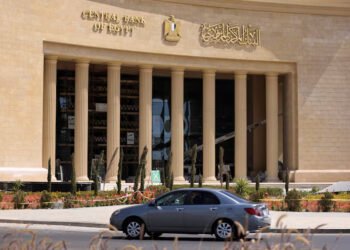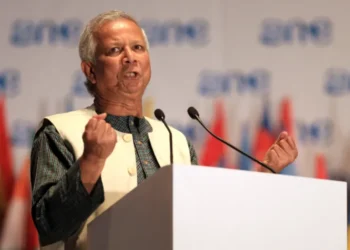In a significant address at the IDEG High-Level Forum 2024, His Eminence Cardinal Peter Kodwo Appiah Turkson, Chancellor of the Pontifical Academies of Sciences and Social Sciences at the Vatican, urged Ghana’s key political leaders to draw inspiration from their interactions with Pope Francis as the country approaches the crucial December 7 elections.
Cardinal Turkson’s message was specifically directed at President Nana Akufo-Addo, Vice President Dr. Mahamudu Bawumia of the New Patriotic Party (NPP), and former President John Dramani Mahama of the National Democratic Congress (NDC).
“The three protagonists, the three leaders [Akufo-Addo, Bawumia, and Mahama], they visited Pope Francis, and they are the ones I’m inviting to come away with some of the values and virtues they experienced from their engagements with the Pope.”
H.E. Cardinal Peter Kodwo Appiah Turkson, Chancellor of the Pontifical Academies of Sciences and Social Sciences at the Vatican
Cardinal Turkson emphasized the importance of reflecting on the values and lessons gained during their past visits to the Pope, urging them to let those experiences shape their leadership and conduct during the political campaign and beyond.
Cardinal Turkson’s message was particularly focused on the two major presidential contenders, Dr. Bawumia and former President Mahama. Both leaders have had the opportunity to meet with Pope Francis in the past, and the cardinal encouraged them to let those encounters guide their behavior and policies as they campaign for the presidency.
The atmosphere of political tension in Ghana is not new, as previous elections have often been marred by intense competition, heightened rhetoric, and concerns over peace and security.
Cardinal Turkson’s advice comes as both candidates are engaging with the electorate on a wide range of issues, including education, healthcare, job creation, and infrastructure development.
While both Dr. Bawumia and Mahama have outlined their visions for Ghana’s future, Cardinal Turkson’s message served as a reminder that beyond policy proposals, the character and conduct of leadership are equally critical for fostering unity and national development.
“The leadership of their parties, just as the leadership of the country, whomever it pleases God to place over this land, must take cues from the lessons they drew from their visits to Pope Francis and make that influence their conduct,” Cardinal Turkson advised.
Call for Leadership Anchored in Peace and Respect

According to Cardinal Turkson, Ghana’s political leaders must prioritize peace, respect for human dignity, and the common good in their leadership. Drawing on Pope Francis’s teachings, he encouraged them to embrace qualities such as empathy, compassion, and understanding in their engagement with the Ghanaian public.
The cardinal highlighted Pope Francis’s exemplary leadership, which emphasizes the importance of placing the human person at the center of all decisions.
“It’s one of peace, it’s one of respect for the dignity of a human person. It’s one of not putting any institutional structure over the dignity of any human person.
“But putting the human person first. It’s one therefore of cordial relationship and harmony and not one of conflict and hatred.”
H.E. Cardinal Peter Kodwo Appiah Turkson, Chancellor of the Pontifical Academies of Sciences and Social Sciences at the Vatican
His call for a leadership style grounded in these values is particularly pertinent given the polarized nature of Ghana’s political environment.
Tensions between the two major political parties, the NPP and the NDC, have often led to heated exchanges and accusations that sometimes overshadow the critical issues facing the country, such as economic development, social equity, and national security.
Ghana’s political history has been characterized by peaceful transitions of power, but the electoral process has not been without its challenges. Issues such as voter fraud, allegations of electoral malpractice, and political violence have often surfaced, raising concerns about the stability of the country’s democratic institutions.
Cardinal Turkson’s call for leaders to embrace a more peaceful and empathetic approach to governance is, therefore, a timely intervention that resonates with many Ghanaians who yearn for a more harmonious political environment.
In a time of political competition and uncertainty, the leadership virtues espoused by Pope Francis offer a hopeful path forward for Ghana, one that embraces compassion, understanding, and a commitment to the well-being of all citizens.



















